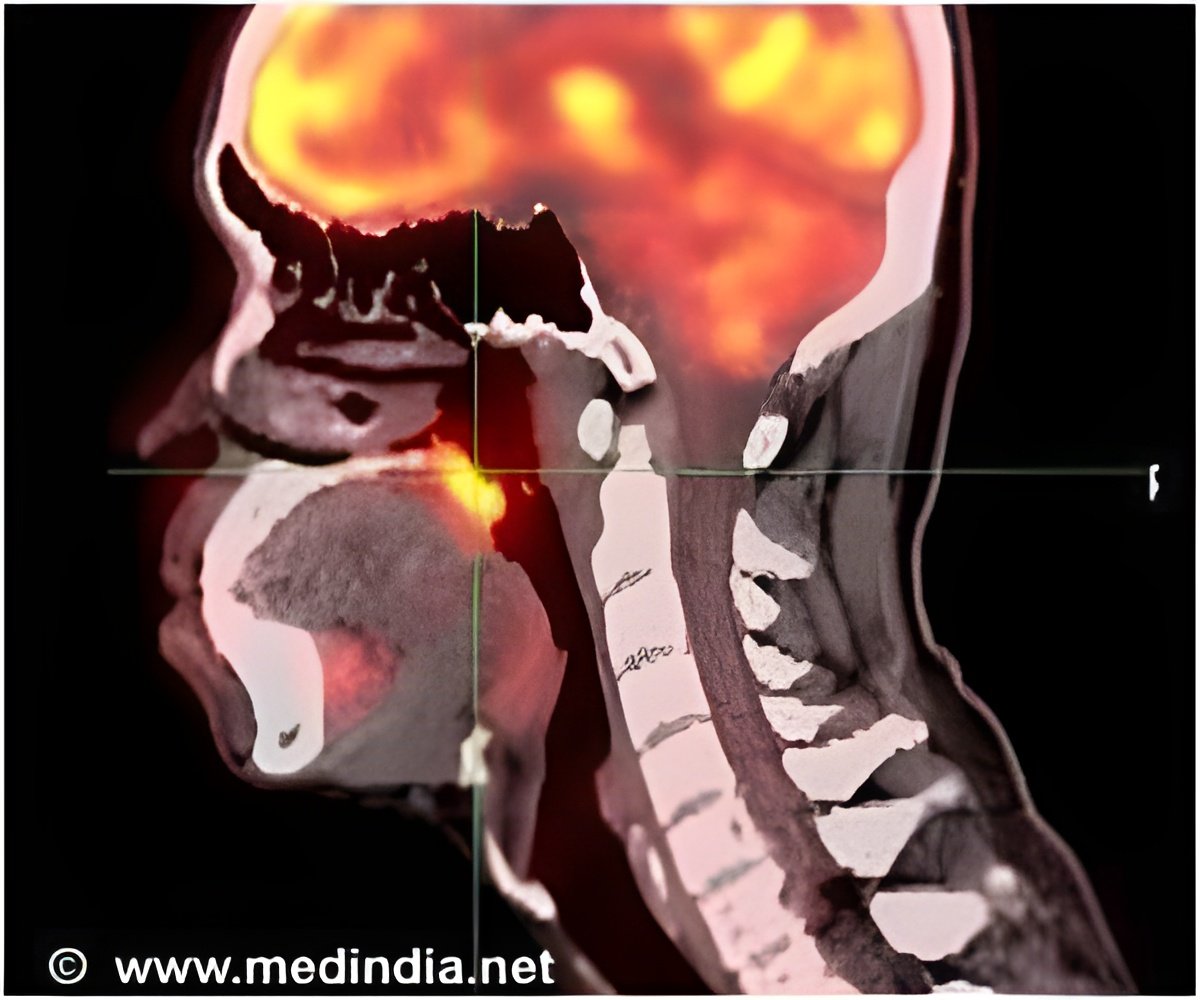Each HLA gene variant has a corresponding molecule that identifies a specific set of peptides (protein) of a virus. There are a huge number of such gene variations, and each person has a unique set of them.
The effectiveness of the development of T-cell immunity to COVID-19 strains varies from person to person. Depending on the set of HLA molecules, some people’s immune systems will identify and destroy a mutated virus with the same efficacy as they would the base form of the virus. In others, the response is less effective.
The research was carried out by a group of scientists from HSE University’s Faculty of Biology and Biotechnology and the Institute of Bioorganic Chemistry of the Russian Academy of Sciences, including Stepan Nersisyan, Anton Zhiyanov, Maxim Shkurnikov, and Alexander Tonevitsky.
They assessed the genetic features of the development of T-cell immunity to 11 main SARS-CoV-2 variants by analyzing the most common HLA gene variants. The researchers used their results to develop the T-cell COVID-19 Atlas portal (T-CoV, https://t-cov.hse.ru).
The researchers used bioinformatics to assess the binding affinities of hundreds of HLA molecule variations and tens of thousands of virus peptides of the main SARS-CoV-2 variants (Alpha, Beta, Gamma, Delta, Epsilon, Zeta, Eta, Theta, Iota, Kappa and Lambda).
The team identified the HLA alleles that displayed the most significantly changed set of identified virus peptides. According to the scientists, mutated variants may pose a higher risk to people with these alleles.
‘T-cell immunity works such that the variation in HLA molecules and T-cell receptors prevents viruses from evading the immune response. Our research did not find a single HLA genotype variant that is negatively affected by viral mutations in a significant way.
This means that even in conditions of reduced antibody effectiveness, T-cell immunity continues to operate effectively,’ commented Aleksander Tonevitsky, Dean of the Faculty of Biology and Biotechnology at HSE University.
Source: Eurekalert



